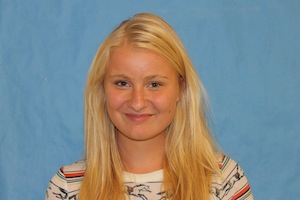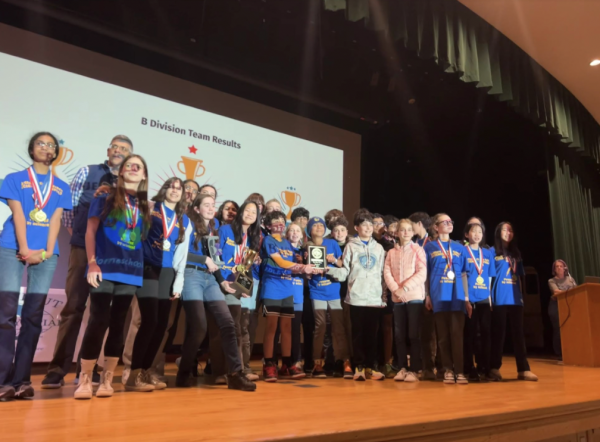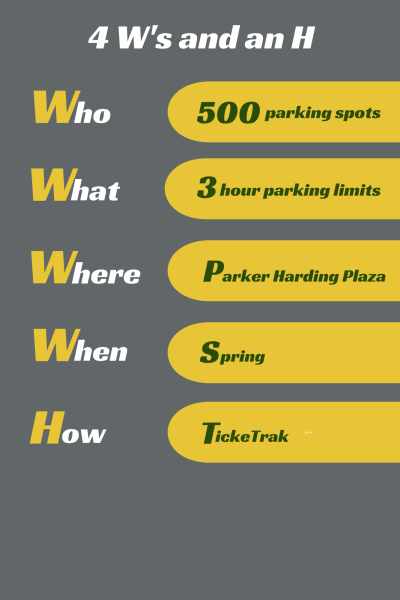Elementary school schedules become more academic
A first grade teacher watches her students as the clock ticks towards 2:55. Little fingers rub tired eyes and stifle yawns. Beneath desks, legs shake restlessly. It’s been a long day. The teacher sighs and closes her classroom door. She grants her drained children fifteen minutes of what she calls “academic choice time.” Ten years ago, it was probably called play time, and it was probably allowed every day.
“Ten years ago, elementary teachers were given a curriculum and multiple resources. They were allowed to deliver it as they saw fit for their class. A teacher could be creative in their approach, and veer off on topics that were of interest to students. There was time to delve deeply and also cast a wide net on all sorts of content,” an elementary school teacher (T1) said. Now, resources are mandated, aligned to state standards. “There is more content than there are minutes in a day, and no time to teach anything but what is given.”
At the same time, others said, change should occur in education.
“Things get lost; other things appear,” another teacher (T4) said. “With changes in the curriculum, things always get lost in the shuffle.”
Interviews with parents, students, and teachers suggest that the curriculum in recent years has become more academically rigorous and focused on testing. In accordance with this intensity, sources said, classrooms have become less playful, flexible and culturally rich.
Five teachers at three different elementary schools who were interviewed asked that their names not be used. They are referred to as T1, T2, T3, T4 and T5.
Superintendent Elliott Landon agreed that the system has changed and believes the changes are for the better. He described the curriculum as “a developmentally appropriate balance between instructional activities, play and enriching creative activities.”
The system’s five elementary school principals were asked for comment but either did not reply or chose not to comment.
Ten years ago, when much of Staples’ current population was in elementary school, students participated in first grade’s Colonial Day and Festival of Lights project, second grade’s Japanese Unit/Tea Ceremony, third grade’s Living Museum, fourth grade’s Solar Systems Unit and Native American Unit, and fifth grade’s Greek Unit/Ancient Antics day and Egyptian Unit/Play.
Cultural events are what students remember best from their early years, many agreed. “I always looked forward to them,” said Olivia Jones ‘15. “I missed these a lot when I came to middle and high school classes.”
According to the elementary teachers, while overall units or lessons may still exist, the projects and activities that accompanied them have been downsized or cut altogether.
T2 said she feels that the loss of Colonial Day is a “shame” and that it has not been replaced with anything as valuable. She explains that it was taken away because it was “a snapshot of a moment in time” as opposed to a picture of the entire era.
However, she feels that the experience brought the colonial era to life in a way that students could understand and relate to.
The loss of culturally rich projects dismays others, including Diane Sussman, head of the Westport School cultural arts board. “(The arts) can bring to life the curriculum that is being taught,” said Sussman. She added that she thinks the enhancement of science in schools is important; but not at the expense of the arts.
T5 feels that teachers are more bound to academics by the Common Core and the loss of many projects and activities, but that “Good teachers will find a way to integrate those things.”
According to Jane Tarsy, head of LLS ArtSMART, classes in the past had three projects a year, and traveled to museums and galleries to further their learning. Now students only experience ArtSMART twice a year, and field trips are not allowed. She also stated that parents were given no reasons for the reductions.
Teachers love ArtSMART and regret the changes, Tarsy said, and parents feel similarly.
“ArtSMART is one hour out of the school day, and parents and teachers feel they don’t need to sacrifice one hour for more academics.”
Landon said the number of field trips has not changed but that trips not related to curriculum content are not approved.
The curriculum in general has narrowed, teachers said. As schools aim to streamline curriculum across the district to align with state standards, there is more emphasis both on testing and on curriculum that matches up with the standards.
“I don’t want to say it’s more academic, but in a way it is,” said T2. “We’re under the gun to have these certain guidelines, data collections, etc. You don’t have the opportunity to teach the way you used to be able to teach.”
Tarsy, mother of two at Long Lots and one in middle school, sees these changes in her own home.
“My second grader now has a vocab and a math test every single week. They didn’t have that two years ago,” said Tarsy. “I think being pushed academically at 7 is unnecessary.”
Teachers at different schools blamed the school system’s top administration for the curriculum changes and said they feel under close scrutiny. However, Landon said the changes occurred in reaction to state and federal pressures. He described, by contrast, “our continuing efforts to emphasize the importance of learning for learning’s sake.”
Changes are happening quickly, sources said, sometimes before teachers themselves are prepared.
“Curriculum has changed tremendously,” said T3. “Some of the curriculum is being written right before we are to teach new units, so our learning curve is tremendous.”
T2 said that curriculum changes in math that recently implemented Singapore math were done much more seamlessly, offering professional development for teachers and time to adapt to the new system.
Teachers ranged from furious at the changes to cautiously optimistic.
“It’s very one size fits all,” said T1. “We talk about differentiation but it is nearly impossible for a teacher to meet individual needs with so much that has to be taught.” And when asked about the overall school experience in grades K-5, T1 said simply, “There is no time for fun.”
Landon disagrees with those who believe that the new curriculum is inappropriate. “It is far more exciting than it has ever been.”
It is too soon to determine any long-term effects of the changes.
“Whether or not kids will be more prepared,” T2 said, “Well, that’s something that we won’t know for a long time, I think.”

Most people would not compare journalism to sailing.
At first glance, the two activities could not be less similar: one involves being in a boat, while...
Most kids might shy away from new experiences and dread trying something they’ve never done before, but not Jessica Gross ’15. “I’m totally open...

When Olivia Crosby ’15 was a freshman, she signed up to make graphics for Inklings, but was never asked to help out. She came in three separate times...






















































